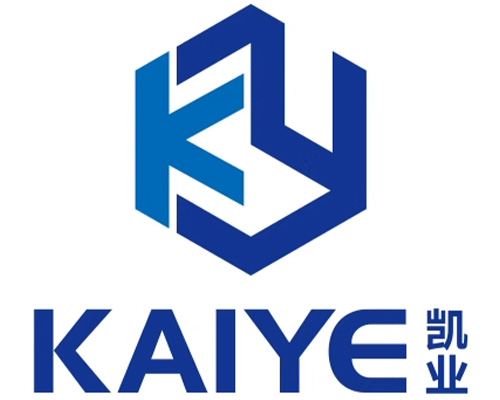As global manufacturing shifts toward higher precision, quality, and flexibility, the machining industry is presented with new growth opportunities. Technological advancements and industry integration are becoming the driving forces behind the evolution of machining, with precision manufacturing, intelligent solutions, and cross-industry collaboration emerging as key trends for the future.
Precision Manufacturing: Meeting High-End Industry Demands
The rapid development of precision manufacturing technologies is enabling the machining industry to meet the growing demands of high-end industries such as aerospace, automotive, medical, and electronics. Traditional machining methods are no longer sufficient to fulfill these sectors' needs for higher precision, complexity, and reliability. As a result, precision machining equipment and techniques are becoming core competitive advantages for machining companies.
Technologies such as laser processing, ultrasonic machining, and nanometer-level surface treatment are allowing machining not only to handle more complex geometries but also to achieve higher precision. These advancements enable machining companies to produce components that meet the stringent standards required in aerospace and medical device industries.
Intelligent Solutions: Enhancing Production Flexibility
With the rapid advancement of intelligent technologies, the machining industry is beginning to incorporate more efficient automation and digital solutions. Through the integration of IoT, artificial intelligence (AI), and big data analytics, companies are able to achieve smart control and optimization of production processes. Intelligent manufacturing enhances production efficiency, reduces manual intervention, lowers costs, and allows real-time monitoring of each stage of production to ensure high quality and precision.
For example, machine vision systems can detect quality during the machining process, ensuring that every step adheres to specifications. AI systems, through learning and self-optimization, can automatically adjust parameters during machining to accommodate different materials and complex designs.
Industry Integration: Cross-Sector Collaboration and Innovation
The future of the machining industry is not only about technological advancement but also about cross-sector collaboration. As manufacturing industries integrate with other sectors, machining companies are increasingly partnering with information technology, AI, robotics, and new materials industries to drive innovation.
For instance, collaboration between intelligent equipment manufacturers and traditional machining companies allows the machining industry to better leverage advanced automated production lines, while the use of new materials (such as high-performance alloys and composite materials) has significantly improved component performance. This cross-industry collaboration fosters diversified technological development, enabling machining companies to stand out in an increasingly competitive market.
Sustainable Development: Green Manufacturing for a Better Future
With growing global environmental regulations, the machining industry is placing more emphasis on sustainable development. Green manufacturing is becoming an essential trend in the industry’s growth. By using environmentally friendly materials, reducing waste, and minimizing energy consumption, machining companies not only meet environmental requirements but also help lower production costs and improve corporate social responsibility.
Many machining companies are working to reduce their environmental impact by optimizing cutting processes, improving equipment energy efficiency, and introducing recyclable materials. Furthermore, advanced technologies such as electric cutting tools and non-polluting coolants are becoming crucial for reducing the environmental footprint of machining operations.
The machining industry is at a pivotal point of technological transformation, with precision manufacturing, intelligent solutions, and industry integration driving future growth. Moving forward, machining companies must not only enhance their technical capabilities but also strengthen collaborations with other industries, promoting green and sustainable production practices. Through continuous innovation and optimization, the machining industry will remain a key player in the global manufacturing sector.

